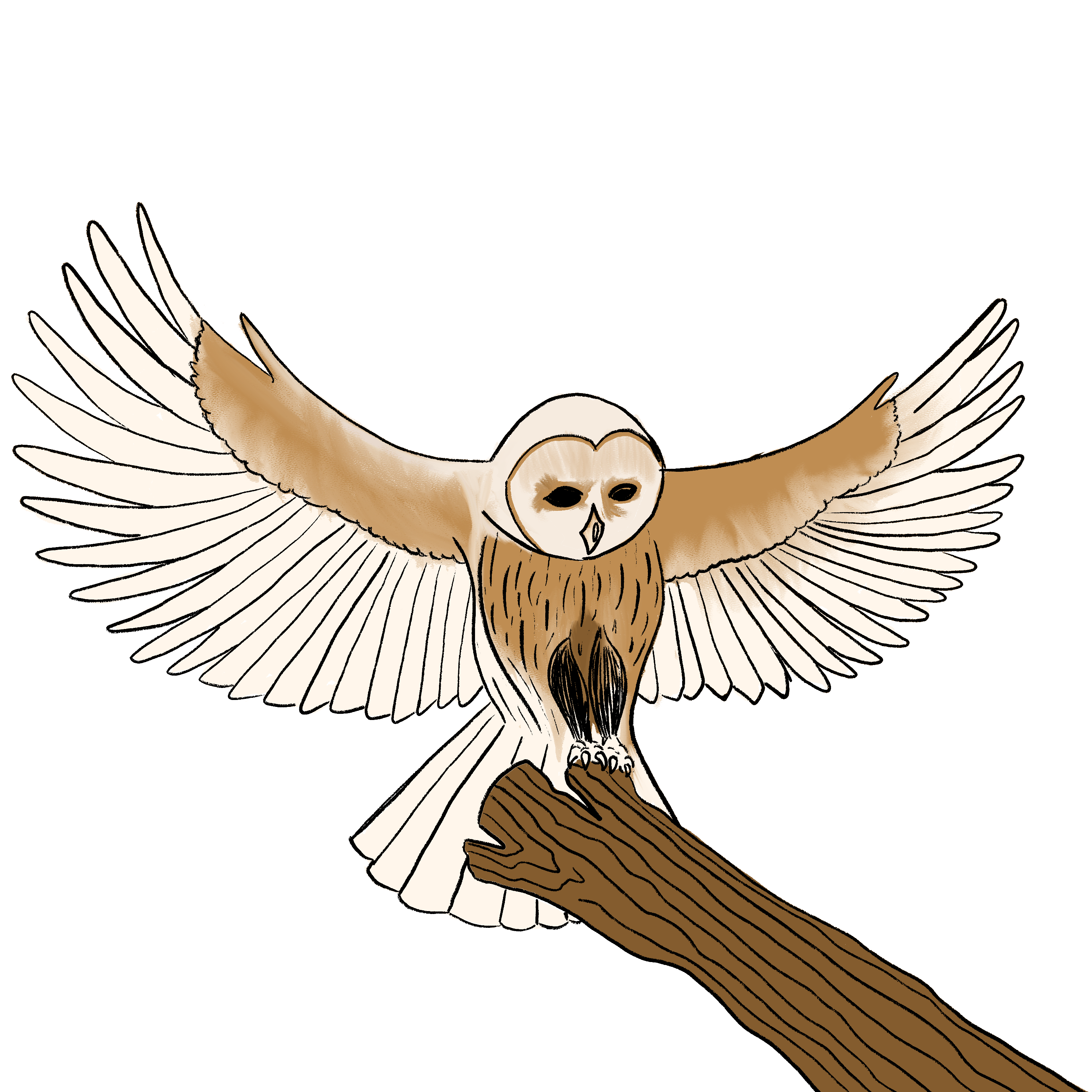
The Power of Words, and Why Names Matter
By Marybeth Alexander on Company culture, Support from April 18, 2014
When I truly feel strongly about something, I generally don’t feel the need to argue because I know I’m right. While this might not win me any arguments, it certainly helps me avoid conflict.
A few days ago I read a blog article to which I really took offense. I follow this blog regularly, and the author made a comment that referred to titles like “ninja” and “rockstar” as being “ridiculous”. For those of you who know me, I’ve been going by the title Support Goddess (now Help Goddess) for the past few years. So for me this was a personal jab.
While my title might not be strictly professional, calling it “ridiculous” just seems mean. It’s fun, I like it, my coworkers like it, and my customers like it. It makes people happy and increases the general happiness of my work life and interactions.
This whole reaction got me thinking about why I care so much about this and why names matter.
Account Managers to Customer Heroes
I love telling the story about why I applied to work at SurveyGizmo, especially that two of my main motivations was the Craiglist job title (Customer Hero/Tech Geek) and that the resume field was optional (I never made one). I love that I was able to get hired based on the strength of the skills demonstrated during the application and interview process, not based on a piece of paper, whether it was a college degree or a resume.
However, I quickly learned that my actual title used in my signature and on my business cards was “Account Manager”. I hated it so much. I was inspired and proud to be a Customer Hero, not an Account Manager. If I told someone I was an Account Manager, I felt like it sounded that I worked at a bank.
Time passed, I became the support team manager, and my team put Customer Hero in their signatures. Then, after one inspiring applicant who did get the job, each individual hero started choosing their own personas: Ninja, Gunslinger, Level 17 Support Wizard, Demolitions Expert, Emcee, and so on. With well over 40 people in the company that started in support, they all have their own title. If you called SurveyGizmo support today, you might talk to a Fire Dancer, a Jedi, a Princess, or even a Mermaid.
As much as I didn’t like the term “Account Manager”, I didn’t like “Support Manager” very much either. However, being a Support Goddess and Manager (and eventually Director of Customer Happiness) was a great compromise.
I was scared when we started using our fun titles in our emails to customers. I was terrified that someone was going to freak out about the title, or that people wouldn’t respect us as much. I would never want to make the company look bad.
While I never used the trick of removing the feedback survey from the emails for unhappy customers (you have to embrace all feedback – the good and the bad), I would change my title from “Support Goddesss/Manager” to just “Support Manager” for angry customers. I used to think that might upset them more. Then I realized I was wrong.
Much to my surprise, our customers were digging the titles (even the angry ones!). While occasionally we might get a complaint about a title (someone took offense to our Dragonslayer because he had something about rescuing damsels in distress in his signature), the response has been overwhelmingly positive. Some of our customers even give themselves titles, and it’s now part of our in-person training events for our customers (they choose their own fun survey titles).
I could write an entire post about the benefits of creating unique personas and what it has done for our employees, customers, and our culture. I should do that at some point, but for now I’ll just say that it helps us attract great candidates, creates a fun and unique culture that values each person as a unique human being, and is a delightful surprise for customers who need our help.
What would have happened if we never moved away from Account Managers? I don’t know, but I do not think the same group of amazing individuals would be working here. If you know anything about SurveyGizmo support, you would know that would be a great loss for our customers.
The Rise and Fall of the Fusstomer (the fussy customer)
While the fun titles had a positive effect for our customer support team, we also learned first-hand that words can have a negative impact on our business, even when you are trying to be fun and playful. While children might say that only “sticks and stones can break their bones”, adults know that words and names can hurt.
Years ago, we wanted to help our customers through a large transition in our software. We decided to make a list of people who might have a difficult time with the transition so we could proactively assist them. What did we call this list? Fusstomers.
At the time we thought it was cute and didn’t think too much of it. Unfortunately, the word crept into our vocabulary and we started hearing support and sales referring to some of our users as “fusstomers”. That’s when we knew we had made a mistake, and the word was retired from our vocabulary.
What if a customer overheard us talking negatively about another customer and calling them that? Would they worry we said bad things about them too? What’s worse, what if a customer found out that we referred to them as a “fusstomer”? It was just a negative word, and we want to love our customers. If you love someone, you don’t call them mean words behind their back.
Last year a new word crept up into our vocabulary when a customer complained about our fun titles and found the tone of our software and company unprofessional. Like the villain in the Care Bears movie, we referred to this customer as a “Dark Heart”. The term is now synonymous with people who seem to dislike fun and happiness, but, like “fusstomer”, it’s mean and we shouldn’t perpetuate it.
One of the main issues I have with labeling customers into groups like “fusstomers” and “Dark Hearts” is that it is a form of gossip and borderline slander. We are using these terms to make ourselves feel better about difficult or mean customers, but we are creating a negative culture instead of focusing on creating a great experience for our customers. In fact, talking bad about our customers is a way we make excuses for our own customer service shortcomings.
This morning I heard about a pearl of wisdom from our onboarding captain, whose advice was to never put something in writing that you wouldn’t be comfortable with the customer seeing. I’d take it a step further and say to not say anything out loud that you wouldn’t be comfortable with your customers hearing.
Language and words do matter, and if you want to build a customer-centric company, your language needs to value and respect them, even when they can’t see or hear it.
The Age of the Individual
In trying to reconcile our fun titles we promote and the negative customer categories we know we shouldn’t really use, it all seems to come down to respecting people as individuals and treating people how they want to be treated. Everybody wants to feel valued, and the strongest way we do that is by valuing them as individuals.
For us, this means allowing our employees to express their individuality through their titles and not grouping customers into negative categories. It’s respecting individual differences and what makes us unique, and striving to provide each person the service that makes them happy.
Words are like any tool, meaning they can be used for good AND bad. Being mindful of this, we can choose our language carefully and with great purpose. What do your words say about you?


Writing docs
(253)

General posts useful to all documentarians about writing documentation, editing and publishing workflows, and more.


Feature spotlight
(15)

Your flight plan for how to get the most out of KnowledgeOwl features and integrate them into your workflows.


Announcements
(21)

Major KnowledgeOwl company announcements.


Customer stories
(9)

Learn how others are using KnowledgeOwl & get pro tips on how to make the most of KO!


Company culture
(40)

Find out more about who we are and what we value.


Support
(75)

We believe good support is the foundation of good business. Learn about support tools and methodology.


Tools
(64)

Learn more about tools to solve various documentarian issues, within and beyond KnowledgeOwl.


All
(384)

Not sure what category you need? Browse all the posts on our blog.

Got an idea for a post you'd like to read...or write?
We're always looking for guest bloggers.
Learn moreStart building your knowledge base today
- 30 days free (and easy to extend!)
- No credit card required
- Affordable, transparent pricing
- No cost for readers, only authors
Want to see it in action?
Watch a 5-minute video and schedule time to speak with one of our owls.


